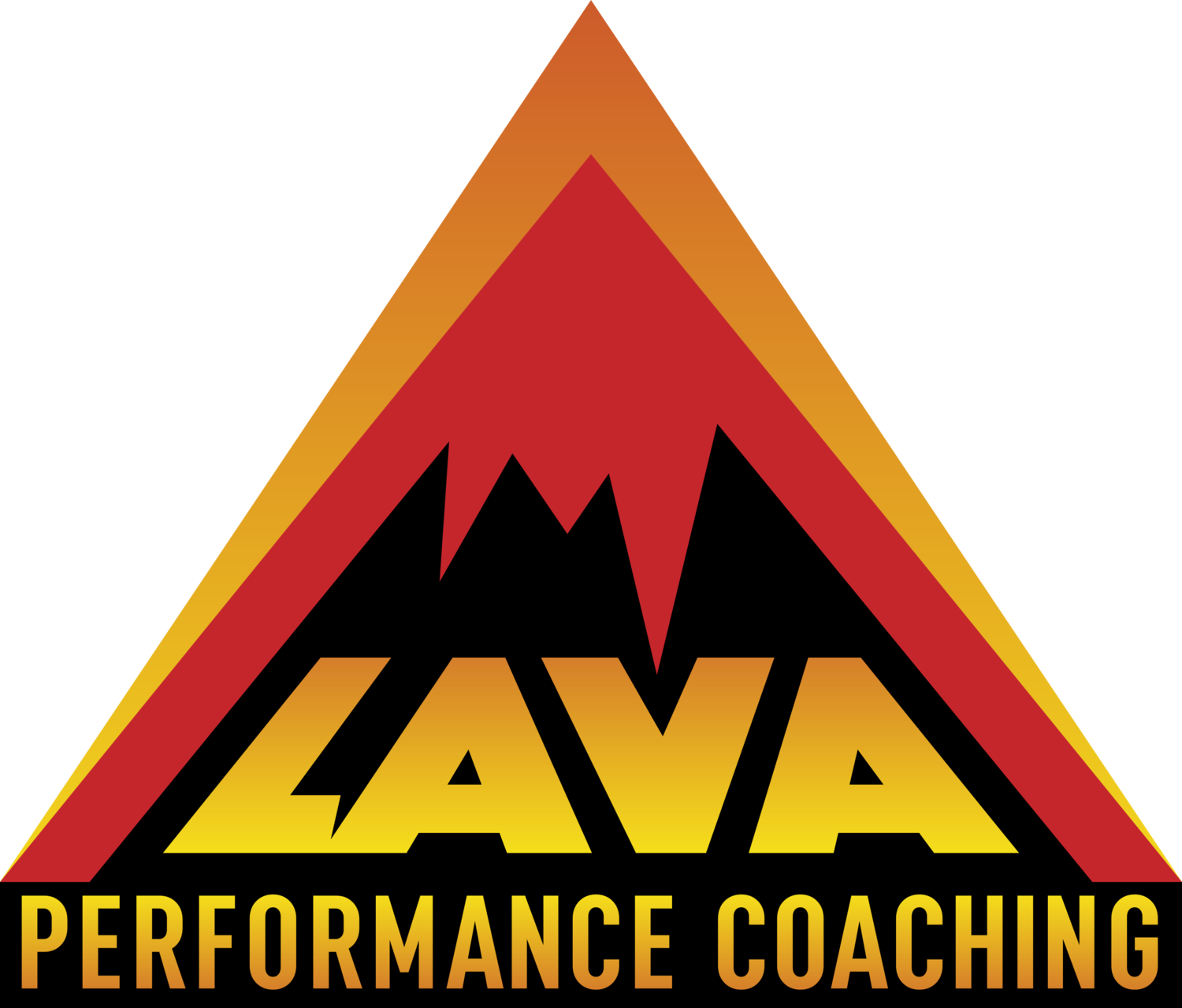Love and Loss
The Story of Sweat and Vitamins
As athletes we love a good sweat. When it comes to water-soluble vitamins though - sweat is a threat.
During an intense workout, sweat carries out our B vitamins, vitamin C and important minerals. As athletes, this is particularly concerning because of the importance of these vitamins in our energy production, and muscle growth and repair. These vitamins play an important role in the energy production of cells and can only be stored in small amounts for short periods in the body. In contrast, fat-soluble vitamins are stored in the lymphatic system and associated with hormone function.
Vitamin B complex refers to thiamin (B1), riboflavin (B2), pyridoxine (B6), cyanocobalamin (B12), niacin, biotin, folic acid and pantothenic acid. Athletes should pay special attention to potential loss of thiamin, riboflavin and B6. Thiamin is critical to carbohydrate metabolism, which is a function that provides an ongoing supply of energy to cells. Riboflavin supports oxidative energy production, a function that uses oxygen and nutrients delivered to the cells to produce ATP. B6 supports carbohydrate, protein and fat metabolism, helping the body convert food into energy.
Vitamin C is an antioxidant, essential for collagen production and muscle growth, and is even thought to reduce pain and inflammation, caused by the very thing you love - sweat, due to C’s ability to aid in the repair of muscle fibres.
Sodium chloride, magnesium, potassium and calcium are minerals also vulnerable to loss through sweat. These minerals are integral to maintaining electrolyte balance, delivering nutrients to muscles, waste removal, muscle contraction, production and use of energy, nerve conduction and the body’s pH balance.
How much vitamin loss occurs depends on intensity of the workout, hydration and nutrition. It is important that you stay on top of hydration, electrolyte balance and be intentional in the nutritional choices you make.
Athletes can ensure they are consuming an abundance of these vitamins and minerals to offset any loss by including whole foods high in natural sodium such as sardines and olives; dark leafy greens, nuts and seeds for magnesium; potassium sources such as bananas and avocados; and calcium-rich broccoli, eggs, and almonds. While these are just a few suggestions, there are many good sources online providing lists of foods providing these important vitamins and minerals.
Some athletes may also consider using supplements to further ensure they are maintaining a healthy level of vitamins and minerals, especially if you are in a heavy training phase, train often in heat, or are a heavy sweater. While there is no compelling evidence that “dosing” with vitamin B complex, vitamin C or minerals will enhance performance, a deficiency could compromise your health and training progress.
If you would like a comprehensive list of suggested whole foods or supplements contact Sport Performance Nutrition Specialist and NCCP Triathlon Coach Charlotte Farrant at info@lavaperformance.com
